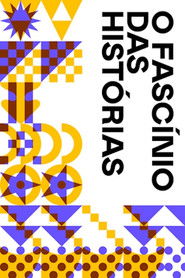José Eduardo Agualusa
WriterActor
José Eduardo Agualusa [Alves da Cunha], born in 1960, spends most of his time in Portugal, Angola and Brazil, working as a writer and journalist. His books have been translated into 25 languages.
So far five of his books have been translated to English: « Creole » (2002, Arcadia. Orig.: « Nação crioula »), « The Book of Chameleons » (2006, Arcadia, UK; 2008, Simon & Schuster, USA. Orig.:« O Vendedor de Passados »), « My father’s wives » (2008, Arcadia. Orig.: « As mulheres do meu pai »), « Rainy Season » (2009, Arcadia. Orig.: « Estação das Chuvas ») and "General Theory of Oblivion" (2015,Penguim Random House 2015, Archipelago Books. Orig.: "Teoria Geral do Esquecimento")
He also wrote five plays, "W generation", "Aquela mulher", "Chovem amores na Rua do Matador","A Caixa Preta" and "O terrorista elegante", the last three written with Mia Couto.
He received three literary grants. One from the Centro Nacional da Cultura in 1997 to write Creole; the second one received in 2000 from the Fundação do Oriente, allowed him to stay three months in Goa and write « Um estranho em Goa»; and the third one given in 2001 by the Deutscher Akademischer Austausch Dienst, allowed him to live one year in Berlin where he wrote « O Ano em que Zumbi Tomou o Rio ». In the begining of 2009 Agualusa completed his novel « Barroco tropical » in Amsterdam, while living in the Writers Residency, a joint initiative by the Dutch Foundation for Litterature and the Foundation for the Production and Translation of Dutch Literature.
-
Birthday
-
Zodiac Sign
-
Genres
2
Total Films
Also known as (male)
Huambo, Angola
Place of Birth
-
Birthday
-
Zodiac Sign
-
Genres
2
Total Films
-
Also Known As (male)
Huambo, Angola
Place of Birth

